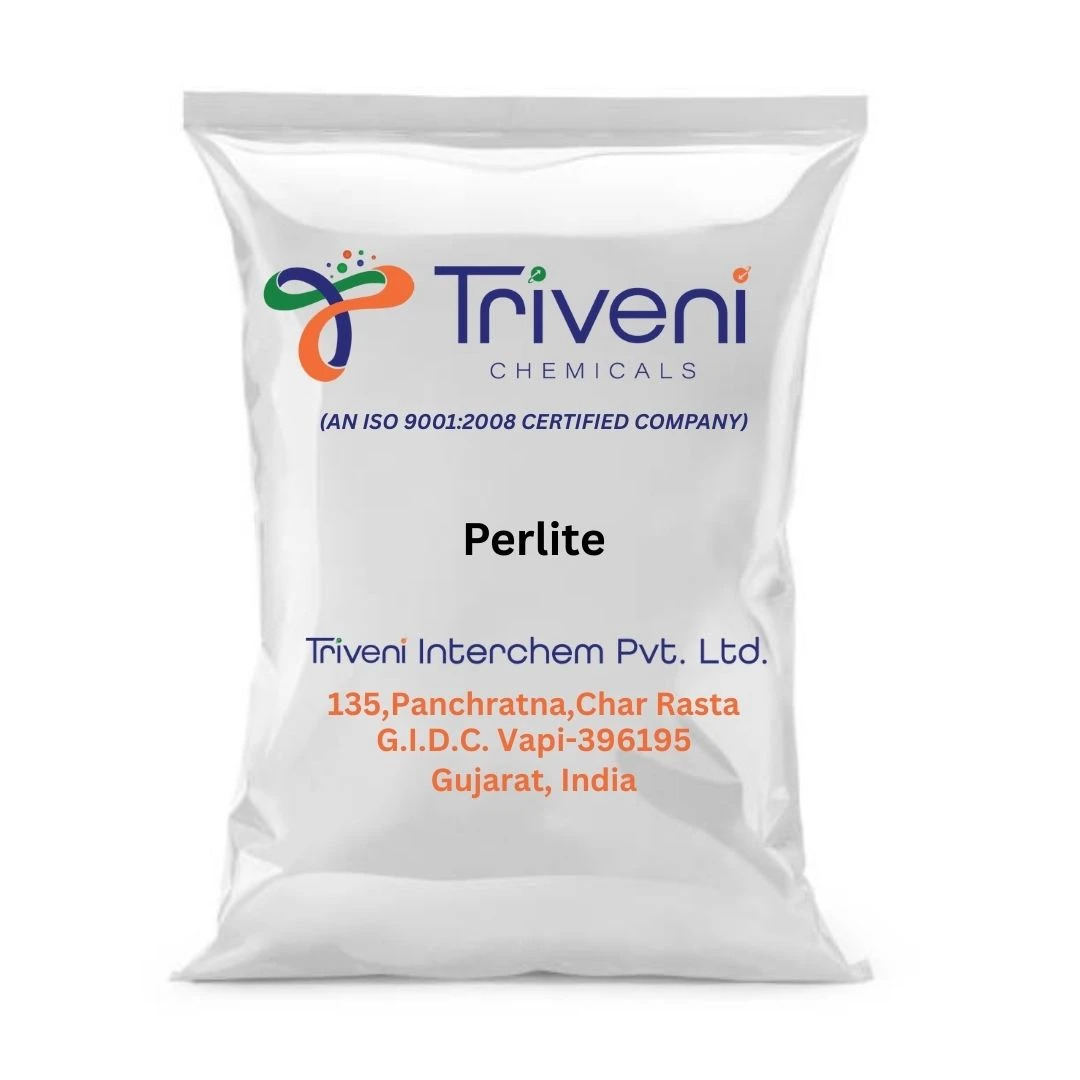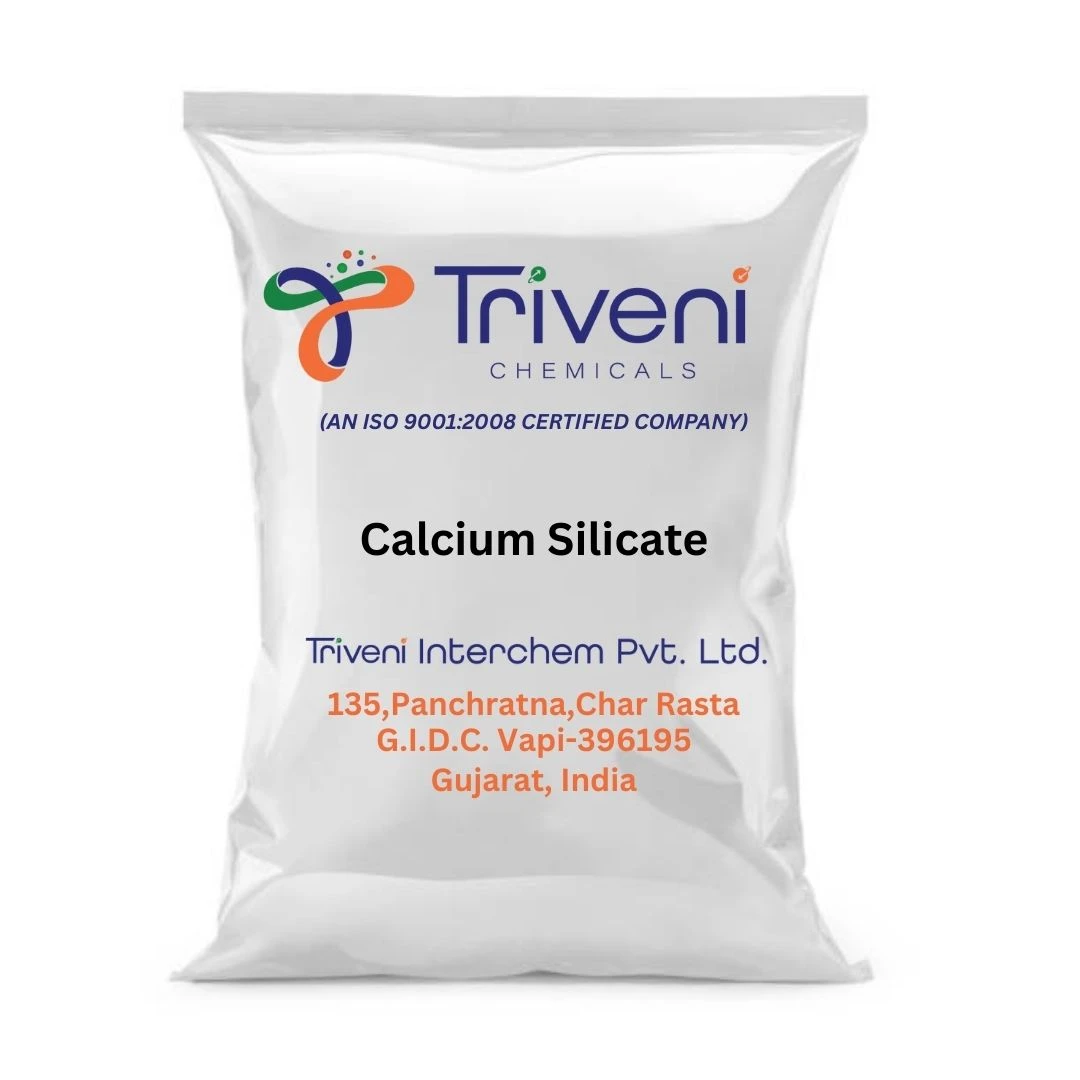Insulation is an important architectural component that helps to keep the indoor atmosphere comfortable and energy efficient. Its major role is to reduce heat transfer between the inside and outside of a construction. This is accomplished by slowing the transfer of heat through the walls, ceiling, and floors, which reduces..
Insulation is an important architectural component that helps to keep the indoor atmosphere comfortable and energy efficient. Its major role is to reduce heat transfer between the inside and outside of a construction. This is accomplished by slowing the transfer of heat through the walls, ceiling, and floors, which reduces the need for excessive heating and cooling. One of the primary advantages of insulation is its potential to improve energy efficiency. Insulation regulates indoor temperatures by acting as a barrier to heat movement, lowering the need for heating, ventilation, and air conditioning (HVAC) systems. This, in turn, results in reduced energy use, lower electricity costs, and a smaller carbon footprint. Furthermore, adequate insulation helps to promote environmental sustainability by conserving natural resources and reducing greenhouse gas emissions linked with energy generation. Insulation comes in a variety of materials, each with its own set of properties and purposes. Fiberglass, foam board, cellulose, and mineral wool are among the most common varieties. Insulation materials are chosen based on cost, thermal resistance (R-value), convenience of installation, and environmental impact. For example, fiberglass insulation is popular because it is inexpensive and versatile, whereas foam board has good thermal and moisture resistance. Insulation is important for both energy efficiency and soundproofing. Certain materials, such as dense foam or mineral wool, can absorb and attenuate sound waves, lowering noise transmission across different areas of a building. This is especially relevant in residential and business contexts where privacy and noise control are key factors. Insulation's effectiveness depends on proper installation. Gaps or cavities in insulation might reduce its thermal effectiveness. As a result, it is critical to use skilled specialists or follow manufacturer specifications when installing insulation to provide a seamless and efficient barrier against heat transfer. In conclusion, insulation is a critical component of building design and construction. It not only improves energy efficiency and reduces costs, but it also fosters a comfortable and sustainable living or working environment. Choosing the right insulation material and ensuring proper installation are critical steps in maximizing the benefits of this important building component.



